LEADER of the Opposition Philip J. Pierre says no amount of name-calling by government ministers or ruling party functionaries will change the facts as they relate to the state of the economy.
Mr Pierre, a certified accountant by profession, made the statement as he responded Tuesday to the government’s explanation on the use of National Insurance Corporation (NIC) funds.
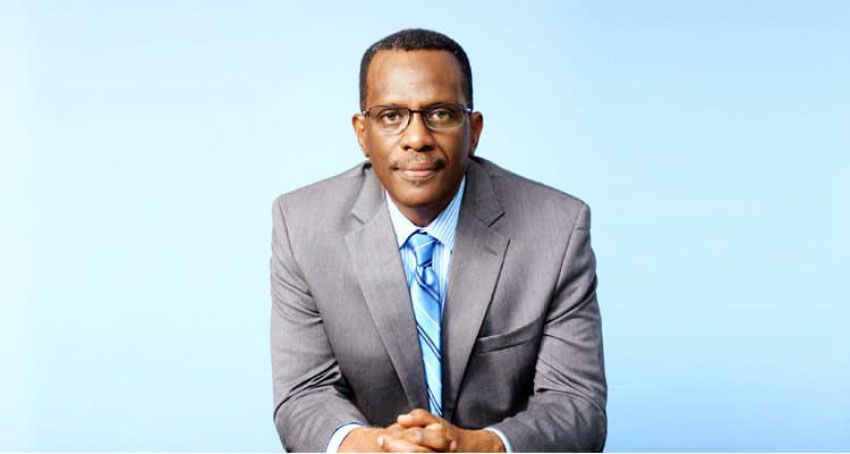
The Opposition Leader had last week lambasted the government over its plans for committing National Insurance Corporation (NIC) funds to its proposed National Health Insurance scheme.
In his response, Pierre said, “As expected, the United Workers Party (UWP) responded to my query on the use of the National Insurance Corporation (NIC) funds with the usual name-calling and character assassination of the messenger.”
The former Deputy Prime Minister said the responses to his earlier statement by both the ruling party and Minister in the Ministry of Finance Ubaldus Raymond last week “failed to answer the pertinent questions that the public and the 37,000 people who voted Labour await responses for.”
In the meantime, the Opposition Leader said, his party (the SLP) await answers to eleven more related questions.
The questions, outlined in the Opposition Leader’s statement, are:
1. Is it accurate for the Minister to imply that $40 Million in 2015 is the same as $100 Million in 2018?
2. The Minister says that the transaction by the SLP government was exactly the same, but the UWP release says it is in “stark contrast” — which statement is true?
3. It is responsible policy that when pensioners’ funds are being invested the highest rate of return should be received. This means that out of deference for the future of these funds the Saint Lucia Labour Party offered a higher return of interest. What is wrong with that decision?
4. The UWP government boasts about growth in the economy. Why was it not able to find from its cash flow money to settle the bonds that the investors demanded payment for?
5. What are the individual values of the bonds that did not rollover?
6. What would a default in payment mean to Saint Lucia’s reputation and credit-worthiness?
7. What assurances can the government give that the new bond issue would be purchased by the market in thirty days? If not how will the NIC be repaid?
8. What’s the total value of bonds presently held by the NIC on behalf of the government?
9. What effect would the failure of bond holders to roll over $100 Million worth of bonds have on the capital and other expenditure plans of the government?
10. Will the government not have to resort to other short term and more expensive borrowing to fund its expenditure?
11. The NIC did not voluntarily invest in the bonds they were instructed to do so by the government. Could the NIC not get a better return than 1% on investment in other portfolios?
The statement concluded with the opposition Leader saying, “As I said before, no amount of name-calling or misinformation will obscure the facts, or change the poor economic and financial management of the government.”







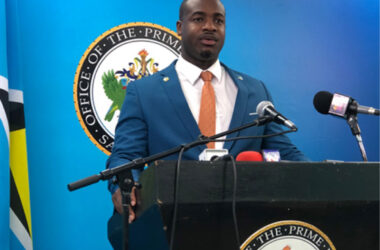

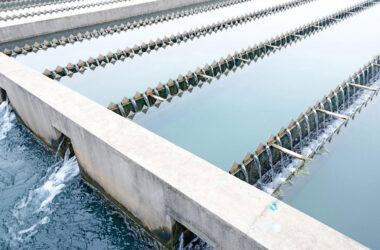

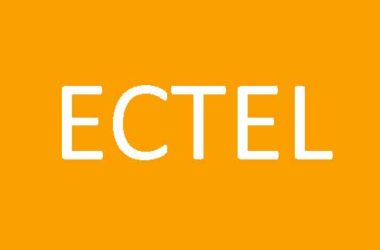


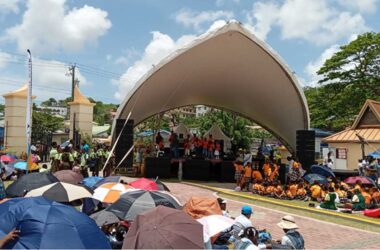
…the question for jackass Pierre: have you ever been part of an administration that used this very same process in the past?….